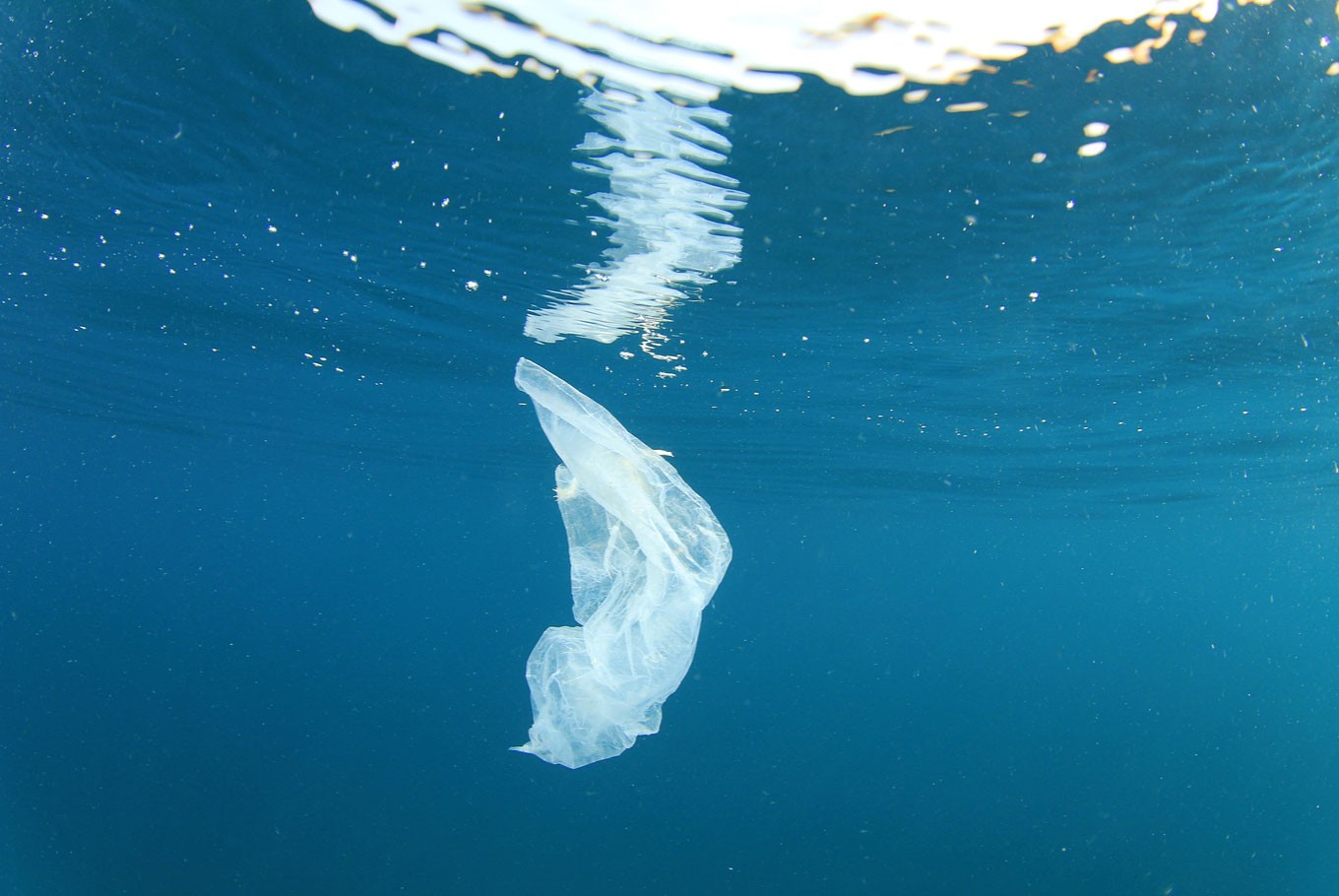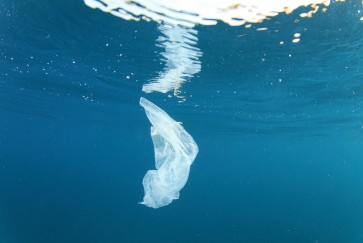Popular Reads
Top Results
Can't find what you're looking for?
View all search resultsPopular Reads
Top Results
Can't find what you're looking for?
View all search resultsMarine debris framework ‘good beginning’ but not enough
According to the report, more than 80 percent of plastic waste found in the ocean comes from land-based sources, including from landfills, because of improper dumping, poor locations, or lack of proper controls.
Change text size
Gift Premium Articles
to Anyone
O
cean Conservancy, an environmental campaigner, issued in 2015 a report that was damning for at least four nations in Southeast Asia, incriminating them for becoming the largest producers of marine plastic debris around the globe.
According to the report, more than 80 percent of plastic waste found in the ocean comes from land-based sources, including from landfills, because of improper dumping, poor locations, or lack of proper controls. More than half of the “land-based plastic-waste leakage originates in just five countries: China, Indonesia, the Philippines, Thailand and Vietnam”.
Since then, the region, as well as each of the incriminated countries, has been struggling to solve the matter in order to prevent more plastic debris from polluting the ocean.
Such efforts eventually achieved a breakthrough four years later during a meeting of the leaders of the ASEAN member countries, when they declared their commitment to take concrete actions and strengthen regional and international cooperation to combat marine plastic debris.
The commitment was stated in a document entitled “Bangkok Declaration on Combating Marine Debris in the ASEAN Region”, which was produced during the 34th ASEAN Summit in Thailand’s capital of Bangkok on June 22.
The declaration was accompanied by a detailed guideline, called the ASEAN Framework of Action on Marine Debris, stipulating actions required to be taken by each member of the bloc both on national and regional levels. The framework comprises four priority areas, namely policy support and planning, research, innovation and capacity building, public awareness, education and outreach and private sector engagement.
On the national level, ASEAN nations are expected to, among other things, “engage the private sector in campaigns to resolve the issue of marine debris” and “develop and implement a long-term and robust strategy to combat marine debris, including having comprehensive waste management systems to prevent pollution and circular economy approaches”.


















